Data Collectors/Enumerators at prison Fellowship
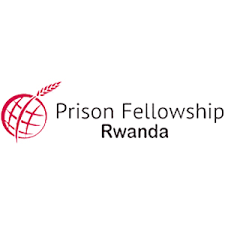
VACANCIES FOR DATA COLLECTORS
Positions: 50 Data Collectors/Enumerators
Background
The “reinforcing community capacity for social cohesion through societal trauma healing program” is being carried out in five districts: Nyabihu, Musanze; Nyamagabe, Nyagatare, and Ngoma in collaboration with Interpeace, Haguruka, and DIDE. The program is intended for the relatives of genocide survivors, former genocide detainees, ex-combatants, returnees, and current inmates from the prisons in Ngoma, Nyagatare, Musanze, and Nyamagabe.
Rwanda has designated mental health and trauma recovery as priority issues. An extensive prevalence of mental health illnesses was found, especially among survivors of the 1994 Genocide against the Tutsi, according to a 2018 Mental Health Survey. The nation’s National Unity and Reconciliation Policy also acknowledges “serious levels of trauma” as a significant consequence of the genocide that continues to have a significant impact on society today. It names the treatment of psychological wounds as a tenet on which harmony and peace are created. People find it more challenging to trust and forgive one another when they are experiencing high levels of trauma, anxiety, and depression. Trauma affects one’s capacity to receive, open up to, and trust others. It also plays a significant role in the development of inter-community mistrust, particularly amongst groups of genocide survivors and former genocide prisoners. People’s capacity to collaborate in common, mutually beneficial economic activity has been hampered as a result. Based on that finding, Rwanda’s 4th Health Sector Strategic Plan highlights the need for comprehensive, innovative initiatives that
concurrently improve social cohesion, promote mental health service provision, and support sustainable livelihoods.
In order to strengthen social cohesiveness and achieve lasting peace, Interpeace and its partners have developed a program that focuses on the connections between psychosocial wellbeing, reconciliation, and socio-economic growth. The Program is in line with and will support the Government’s aim of building community mental health services to increase the uptake of Government-funded mental health support among traumatized individuals.
Purpose of the participatory research
Societies that have been subjected to violent conflict for an extended period of time go through substantial changes that have an impact on people, communities, and the state as a whole. In societies traumatized by ethnic conflict, younger generations are frequently asked, consciously or unconsciously, to perpetuate a certain mental representation of the historical event and to uphold large-group ethnic markers. This is true despite differing perspectives on the intergenerational transmission of trauma. The peace building and development communities are becoming more aware of how trauma might jeopardize efforts to build societies after violent conflict. Studies from different nations have shown that people who have experienced traumatic events are more likely to have poor life outcomes, such as poor physical health, risky behaviors like substance abuse or dropping out of school, poor economic self-sufficiency, or poor parenting abilities for the next generation. In Rwanda, excessive drug use among young people and teen pregnancies has grown to be a problem for both the public health and the families affected.
While some research has been done to suggest that trauma and violence are passed down through generations, little focus is given to the link between historical wounds, dysfunctional families, and kids engaging in risky behavior, which is why it is necessary to look at the causal relationships.
Prison Fellowship Rwanda is looking for skilled and highly motivated individuals with high moral standards and academic integrity to perform data collecting for participatory action research as part of the program for societal healing. Data collecting will take place in September 2023 and last at least 12 working days.
Important ResponsibilitiesThe data gatherers will work closely with the consultant to complete the following primary tasks:
- Make sure the study is conducted morally and in accordance with all applicable laws and regulations;
- Utilize both qualitative and quantitative tools and approaches to collect high-quality data;
- Using the designated tablets, enter and send timely obtained data;
- Ensure that the appropriate households and individuals are surveyed for the data (as determined by the team leaders);
- Make sure that the data is well-captured in the proper format and software and that it accurately matches the responses given by the respondents;
- Issues that occurred during the data gathering exercise should be recorded and reported to the field supervisor;
- Participate in an evaluation session after data collection to exchange experiences with other enumerators and local authorities;
- Verify the accuracy of the translations and transcripts;
- contribute to the analysis and interpretation of data as needed;
- carry out additional tasks as directed by the field consultant or supervisor;
- contribute to the analysis and interpretation of data as needed;
- carry out additional tasks as directed by the field consultant or supervisor;
- During the fieldwork, avoid provoking disputes and problems with other team members;
Essential skills and qualifications
The ideal candidates should satisfy the following criteria:
- Having earned a bachelor’s degree or higher in one of the social sciences;
- Prior knowledge of social cohesiveness, mental health, and livelihood quantitative and qualitative data collection (at least 2 suggestions);
- A prerequisite is having a solid awareness of Rwanda’s sociopolitical environment;
- Having prior knowledge of tablets and smartphones is advantageous;
- It is advantageous to have prior experience offering psychosocial help to those with psychological or emotional issues;
- Excellent English and Kinyarwanda communication is required;
- The capacity to uphold trust and anonymity with others.
How to apply
Send the email to recruitment.pfrwanda@gmail.com along with the following attachments to apply:
- Degree and ID;
- CV (no more than three pages);
- Two references from prior relevant employment;
- Please make sure that the subject line of your application email says “Data Enumerator.”
Only the shortlisted individuals will receive phone calls from Prison Fellowship Rwanda.
Deadline for applications is September 4, 2023. The application can be addressed to the Executive Director of Prison Fellowship Rwanda.
Visit www.pfrwanda.org for more details about Prison Fellowship Rwanda.




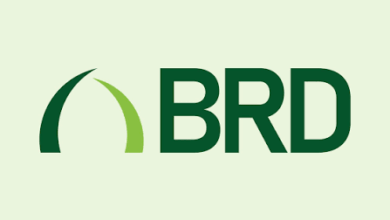
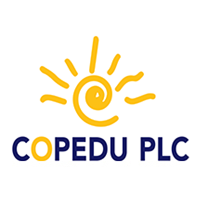
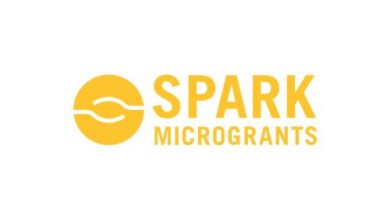
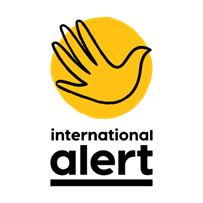
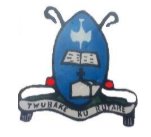
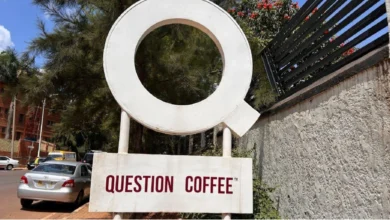
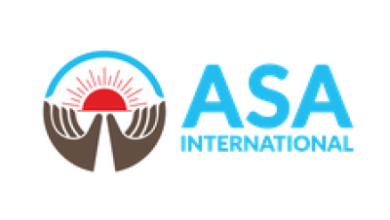
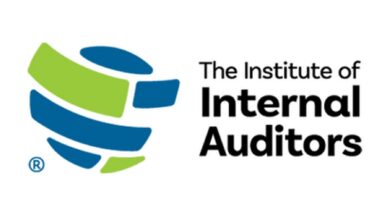
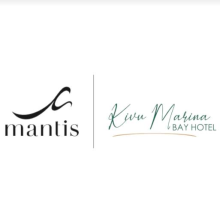

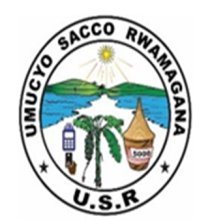

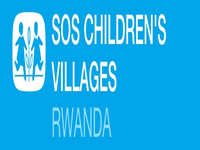
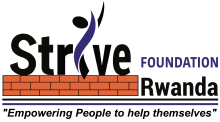
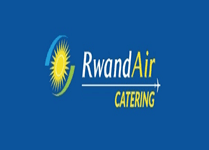
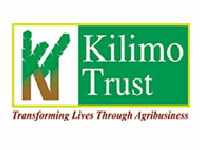
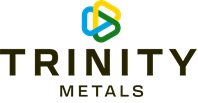
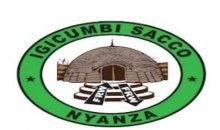
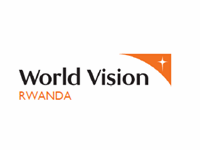
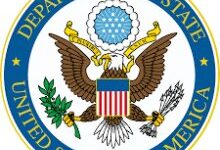
bayissa1@gmail.com